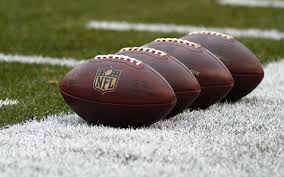 While the recent decision to reinstate Tom Brady’s appeal may seem like a distant drama of the sports world involving billionaire owners and millionaire players, the appeals court decision has impacts for both employers and employees in labor unions. The Brady case is now Federal precedent, and that precedent holds that an employer’s arbitrator has a tremendous amount of power to decide labor disputes without being subject to court review. See NFL v. Brady, Docket No. 15-2801, (2nd Cir., 2016).
While the recent decision to reinstate Tom Brady’s appeal may seem like a distant drama of the sports world involving billionaire owners and millionaire players, the appeals court decision has impacts for both employers and employees in labor unions. The Brady case is now Federal precedent, and that precedent holds that an employer’s arbitrator has a tremendous amount of power to decide labor disputes without being subject to court review. See NFL v. Brady, Docket No. 15-2801, (2nd Cir., 2016).
For employers, this means that there is yet another precedent strengthening the already high burden that employees face in overturning an arbitrator’s decision. Employers know that arbitration is an excellent way to keep legal costs down and to resolve labor disputes far more quickly than resorting to the court system. Although an employee can try to attack an arbitrator’s decision in court, the Brady case demonstrates that doing so is a difficult proposition even when the arbitrator’s decision appears to be very controversial.
For employees, the Brady decision underscores that employees may be giving up significant legal rights when agreeing to arbitration. The Brady decision stresses the importance of bargaining for guarantees in that an arbitration will be fair. In Brady’s case, the NFL collective bargaining agreement gives the commissioner a tremendous amount of latitude and discretion, which is a key point the Court relied on in making its decision. Had the collective bargaining agreement been drafted differently, Brady may have had a much better shot at his appeal. Employees and labor unions should take note and understand just what they are agreeing to when they consider arbitration clauses in contracts.
